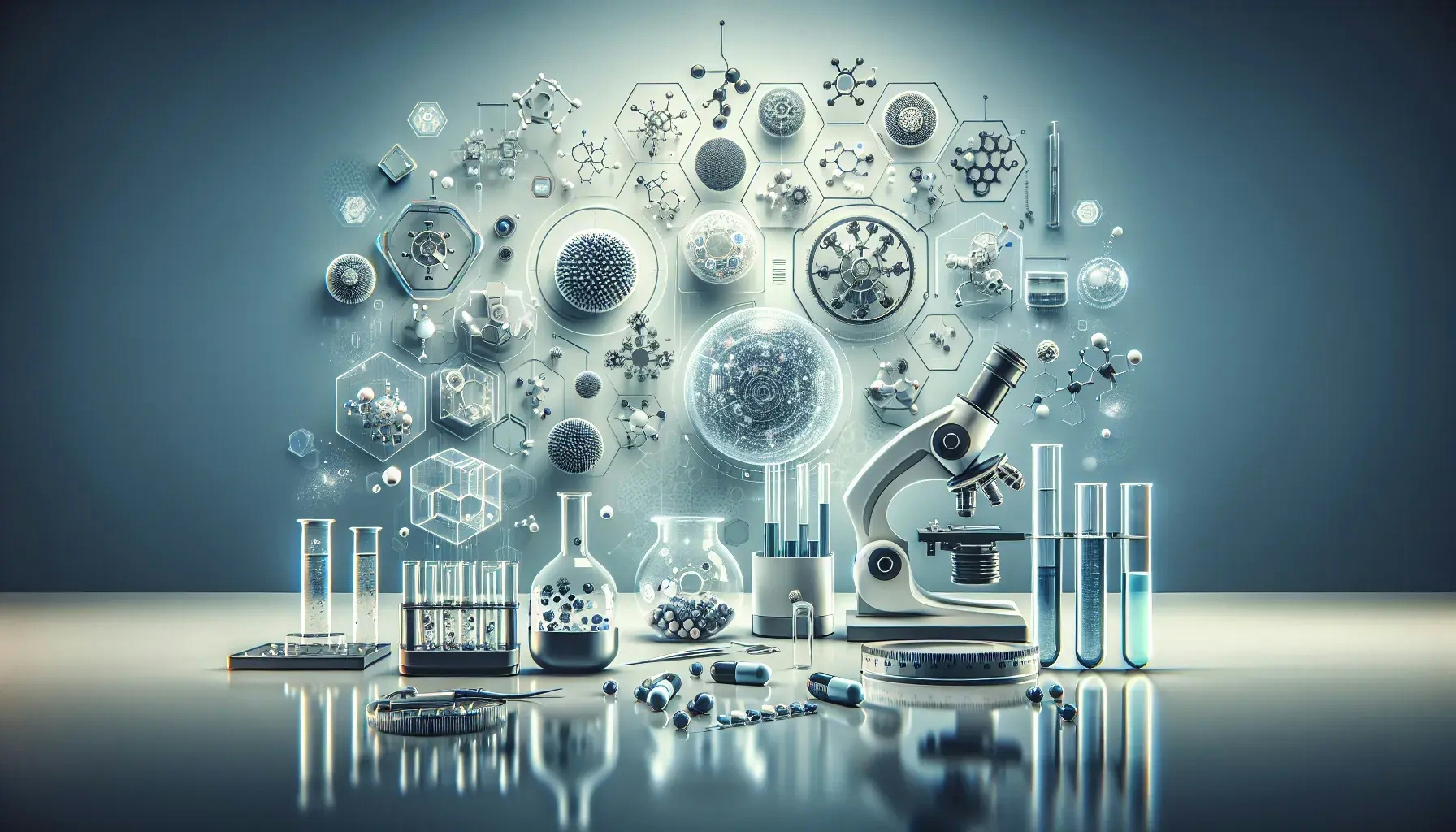Welcome to a comprehensive exploration of the latest breakthroughs in drug development. This blog post will delve into the most recent innovations and advancements that are revolutionizing the pharmaceutical industry. We will explore the cutting-edge technologies, methodologies, and discoveries that are paving the way for new treatments and cures.
The Power of Artificial Intelligence in Drug Discovery
Artificial Intelligence (AI) is making waves in the pharmaceutical industry. It's transforming the way we discover and develop drugs. AI algorithms can analyze vast amounts of data, identify patterns, and predict outcomes with remarkable accuracy. This capability is particularly useful in the early stages of drug development, where the identification of potential drug candidates can be a lengthy and costly process.
AI can streamline this process by predicting the properties and effects of millions of potential compounds in a fraction of the time it would take using traditional methods. This not only accelerates the drug discovery process but also reduces costs and increases the chances of finding effective drug candidates.
One of the most promising applications of AI in drug development is in the field of precision medicine. AI algorithms can analyze a patient's genetic profile and predict how they will respond to different treatments. This allows for the development of personalized treatment plans that are tailored to the individual's unique genetic makeup.
The Rise of Biologics
Biologics represent another significant breakthrough in drug development. Unlike traditional drugs, which are chemically synthesized and have a well-defined structure, biologics are complex mixtures that are not easily identified or characterized. They are typically derived from living organisms and include a wide range of products, such as vaccines, blood and blood components, allergenics, somatic cells, gene therapy, tissues, and recombinant therapeutic proteins.
Biologics are revolutionizing the treatment of many diseases that were previously untreatable. They have the potential to target disease processes more precisely and with fewer side effects than traditional drugs. For example, monoclonal antibodies, a type of biologic, are now being used to treat a variety of conditions, including cancer, autoimmune diseases, and infectious diseases.
Advances in Gene Therapy
Gene therapy is another area where significant advances are being made. This involves the introduction, removal, or change in genetic material within a patient's cells to treat or prevent disease. Gene therapies can be used to replace a faulty gene, add a new gene to help fight disease, or turn off a problematic gene.
Recent years have seen several gene therapies gain regulatory approval for the treatment of specific genetic disorders. These therapies represent a new frontier in medicine, offering hope for patients with diseases that were previously untreatable.
Nanotechnology in Drug Delivery
Nanotechnology is also playing a crucial role in the latest breakthroughs in drug development. Nanoparticles, which are particles that are between 1 and 100 nanometers in size, are being used to improve drug delivery. They can be designed to carry drugs directly to the site of disease, improving the effectiveness of the treatment and reducing side effects.
Nanoparticles can also be engineered to release drugs at a controlled rate, ensuring that the drug remains at a therapeutic level for a longer period. This can improve patient compliance and outcomes.
The Impact of Big Data and Analytics
Big data and analytics are also driving innovation in drug development. The pharmaceutical industry generates vast amounts of data, from clinical trials, genetic research, patient records, and more. Analyzing this data can provide valuable insights that can inform drug development.
For example, data analytics can help identify patterns and trends in disease prevalence and progression. It can also help predict patient responses to different treatments, enabling the development of more effective and personalized therapies.
The Future of Drug Development
The future of drug development looks promising, with many exciting breakthroughs on the horizon. Advances in technology and science are opening up new possibilities for the treatment and prevention of disease.
One area to watch is the field of regenerative medicine. This involves the use of stem cells to regenerate damaged tissues and organs. This could revolutionize the treatment of many diseases, including heart disease, diabetes, and neurodegenerative disorders.
Wrapping Up the Latest Breakthroughs in Drug Development
We've explored some of the most exciting breakthroughs in drug development, from AI and biologics to gene therapy and nanotechnology. These advances are transforming the pharmaceutical industry and paving the way for new treatments and cures. As we look to the future, we can expect to see even more innovation and progress in this dynamic field.

